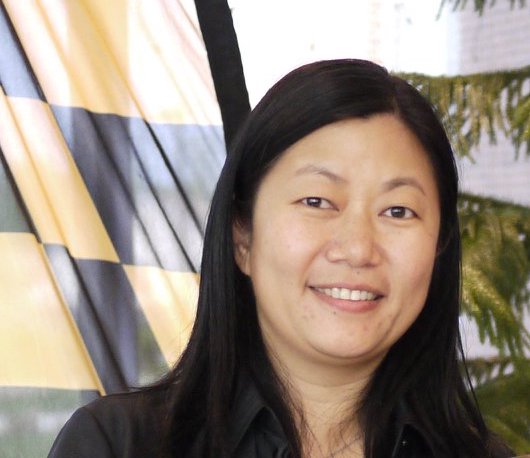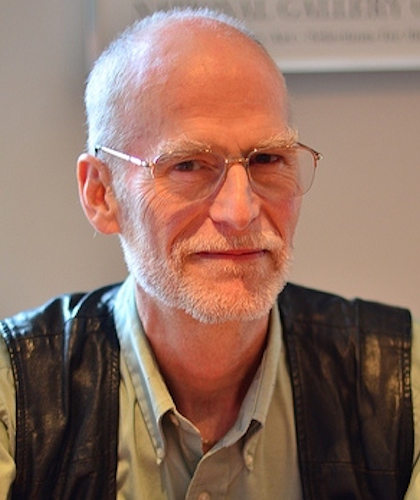Faculty Directory

Abshire, Pamela
Professor
Fischell Institute Fellow

Agrawala, Ashok
Professor

Aloimonos, Yiannis
Professor

Anderson, Samira
Associate Professor

Angueyra, Juan
Assistant Professor

Araneda, Ricardo
Professor

Arria, Amelia
Professor
Associate Chair
Director

Babadi, Behtash
Associate Professor
Associate Chair for Graduate Studies

Ball, Gregory
Professor

Bentley, William E.
Robert E. Fischell Distinguished Professor
Director, Robert E. Fischell Institute for Biomedical Devices
Director, Maryland Technology Enterprise Institute

Bera, Aniket
Assistant Research Professor

Bernat, Edward
Associate Professor
Psychology
College of Behavioral and Social Sciences
Brain and Behavior Institute
College of Behavioral and Social Sciences
Brain and Behavior Institute
3123E Biology-Phsychology Building
ebernat@umd.edu

Blanchard, Jack
Associate Provost & Professor

Bolger, Donald
Associate Professor

Borgia, Gerald
Professor

Butler, Lucas
Assistant Professor

Butts, Daniel
Associate Professor

Cao, Kan
Associate Chair
Professor

Caras, Melissa
Assistant Professor
Biology
College of Computer, Mathematical and Natural Sciences
Brain and Behavior Institute
College of Computer, Mathematical and Natural Sciences
Brain and Behavior Institute
3220 Biology-Psychology Building
mcaras@umd.edu

Carleton, Karen
Professor

Carpuat, Marine
Associate Professor

Carr, Catherine

